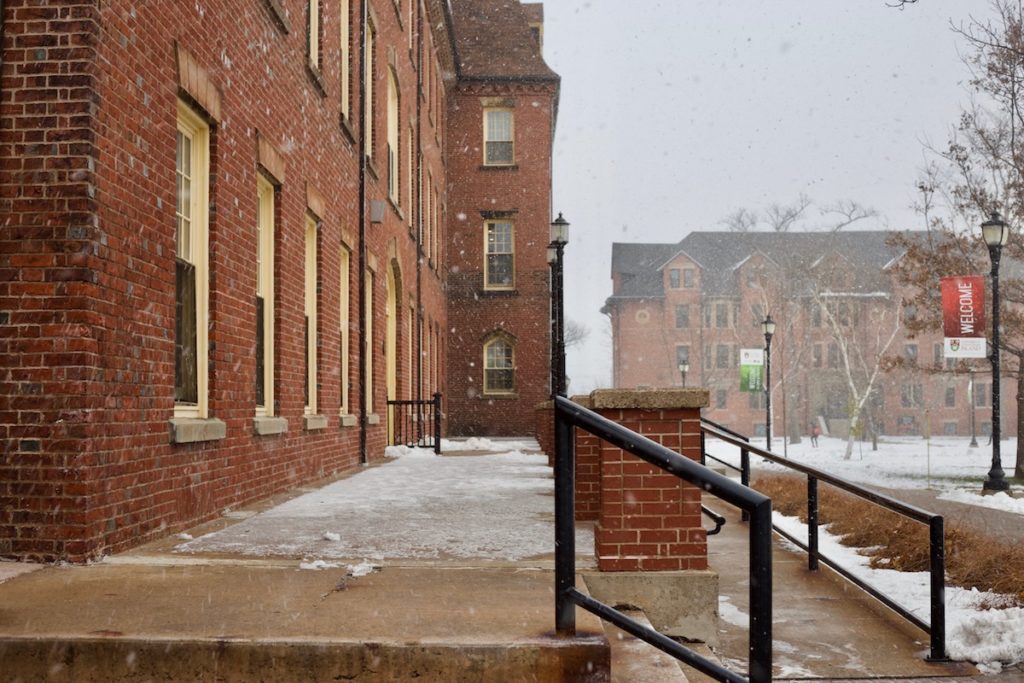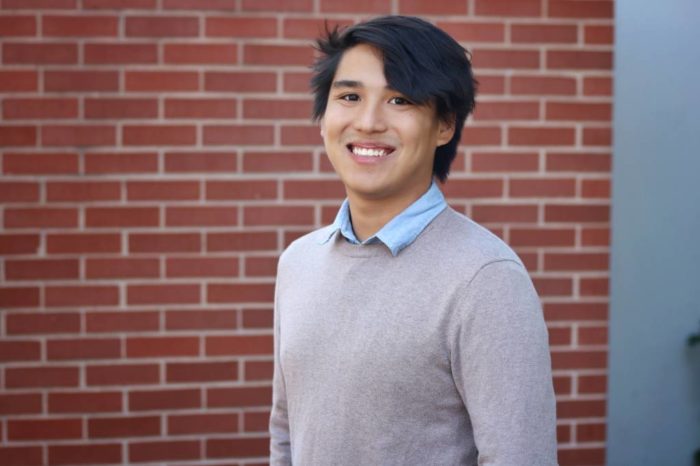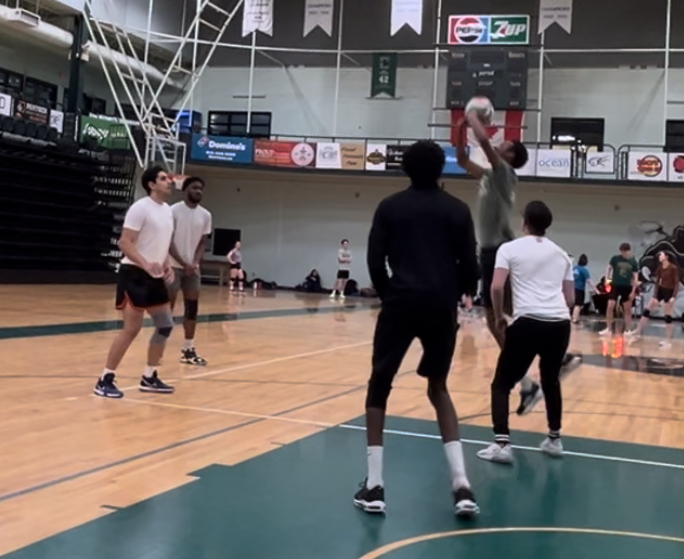How to survive the next six months
By: Allison O’Brien

Remember that it’s okay to slow down in the winter. (Allison O’Brien)
It’s the most wonderful time of the year, right?
Not according to the conversations I overheard at the bus stop today, just minutes after UPEI locked it’s doors in preparation for the first snow storm of the season.
“Screw this weather, man.”
“I can’t believe the snow is already here.”
“Better turn on all my facets so my pipes don’t burst.”
It’s true, the snow has come early and it likely won’t melt until April or May. As we lace up our boots and search for a matching pair of mittens, many of us will experience a decrease in energy and concentration. Approximately 10% of us will be affected by Seasonal Affective Disorder, a type of depression that comes around at the same time every year – normally winter.
Here are three ways to help you get through it.
Hibernation
Why do we expect our bodies to perform similarly during the summer and winter? When it’s -20° C with wind and you swear it gets dark at noon, don’t feel bad if you don’t leave home for the day. Instead of slipping and sliding to the library, drape yourself in velvety blankets and do some homework from your bed or desk. Remember that it’s okay to slow down in the winter.
You’re not alone
Remember that you’re not the only one who feels this way. We’re all in hell together. Take advantage of the days when the sun is out and make an effort to connect with other human beings (if that’s your thing). There are still lots of events on campus in the winter, so try and stay connected. And remember to smile and hold the door for strangers – it can make a world of difference for those of us who feel isolated.
Ask for help
Sometimes we need help. Nobody is an island. If you become depressed this winter, reach out to your RLA, friends, family, co-worker, professor, or whoever you talk to. You deserve a helping hand, especially when your sadness turns into depression. If you’re a student at UPEI, you can access up to eight free counselling sessions by trained professionals without a referral by calling (902) 566-0488 or emailing studentserv@upei.ca.









